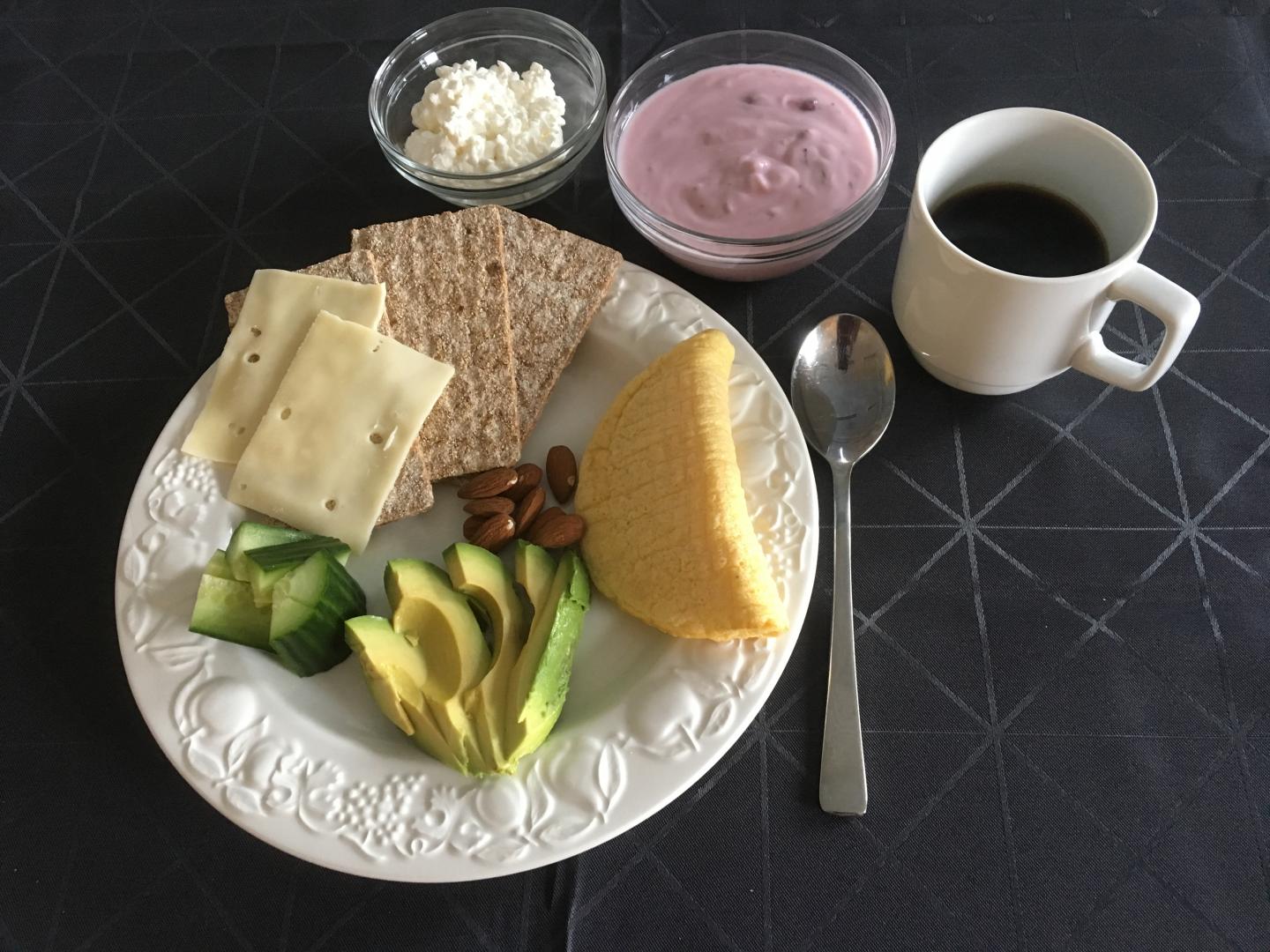- Home
- Editorial
- News
- Practice Guidelines
- Anesthesiology Guidelines
- Cancer Guidelines
- Cardiac Sciences Guidelines
- Critical Care Guidelines
- Dentistry Guidelines
- Dermatology Guidelines
- Diabetes and Endo Guidelines
- Diagnostics Guidelines
- ENT Guidelines
- Featured Practice Guidelines
- Gastroenterology Guidelines
- Geriatrics Guidelines
- Medicine Guidelines
- Nephrology Guidelines
- Neurosciences Guidelines
- Obs and Gynae Guidelines
- Ophthalmology Guidelines
- Orthopaedics Guidelines
- Paediatrics Guidelines
- Psychiatry Guidelines
- Pulmonology Guidelines
- Radiology Guidelines
- Surgery Guidelines
- Urology Guidelines
Blood sugar improves with low carbohydrate, high protein, high fat diet in diabetes, finds study

Researchers at Bispebjerg Hospital at Copenhagen and associates have found that Patients with type 2 diabetes improve their ability to regulate blood sugar levels if they eat low carbohydrate diet and an increased share of protein and fat. The findings of the study have been published in the renowned scientific journal 'Diabetologia'.
"The purpose of our study was to investigate the effects of the diet without 'interference' from a weight loss. For that reason, the patients were asked to maintain their weight. Our study confirms the assumption that a diet with a reduced carbohydrate content can improve patients' ability to regulate their blood sugar levels - without the patients concurrently losing weight," explains Senior Consultant, DMSc Thure Krarup, MD, from the Department of Endocrinology at Bispebjerg Hospital. He continues: "Our findings are important, because we've removed weight loss from the equation. Previous studies have provided contradictory conclusions, and weight loss has complicated interpretations in a number of these studies."
The study findings were-
- A diet with a low carbohydrate content, high protein content and moderately increased fat content improves glycaemic control (the ability to regulate blood sugar) by reducing blood sugar after meals and 'long-term blood sugar' (measured by 'HbA1c', which is a blood test used to measure the average blood sugar level over approximately the past two months).
- A diet with low carbohydrate content, high protein content and moderately increased fat content reduces liver fat content.
- A diet with low carbohydrate content may be beneficial to patients with type 2 diabetes - even if it does not lead to weight loss.
Nutritional therapy is important to treat the type 2 diabetes optimally, but the recommendations are unclear. According to the Danish Health Authority, up to 85% of newly diagnosed patients with type 2 diabetes are overweight, and they are typically advised to follow a diet focused on weight loss: containing less calories than they burn, low fat content and a high content of carbohydrates with a low 'glycaemic index' (which indicates how quickly a food affects blood sugar levels).
low carbohydrate content - increase in protein and fat
A central aspect in the treatment of type 2 diabetes is the patient's ability to regulate their blood sugar levels, and new research now indicates that a diet with a reduced carbohydrate content and an increased share of protein and fat improves the patient's ability to regulate his or her blood sugar levels compared with the conventional dietary recommendations. In addition, it reduces liver fat content and also has a beneficial effect on fat metabolism in type 2 diabetics.
New dietary recommendations for type 2 diabetics in future
Based on the growing body of evidence, we might rethink the dietary recommendations for patients with type 2 diabetes, stresses Thure Krarup:
"The study shows that by reducing the share of carbohydrates in the diet and increasing the share of protein and fat, you can both treat high blood sugar and reduce liver fat content. Further intensive research is needed in order to optimise our dietary recommendations for patients with type 2 diabetes," says Thure Krarup, stressing that the findings should be confirmed in large-scale, long-term controlled trials.
About the study
The study forms part of CutDM, which - supported by a grant of DKK 4 million from Arla Food for Health - examines whether a diet with reduced carbohydrate content and increased protein and fat content improve type 2 patients' blood sugar regulation.
28 patients with type 2 diabetes participated in the study over a total period of 12 weeks. For six weeks, the patients were given a conventional diabetes diet with high carbohydrate content, and, for the other six weeks, they were given a diet with a reduced carbohydrate content, high protein content and moderately increased fat content. The patients were given the diet types in random order.

Disclaimer: This site is primarily intended for healthcare professionals. Any content/information on this website does not replace the advice of medical and/or health professionals and should not be construed as medical/diagnostic advice/endorsement or prescription. Use of this site is subject to our terms of use, privacy policy, advertisement policy. © 2020 Minerva Medical Treatment Pvt Ltd